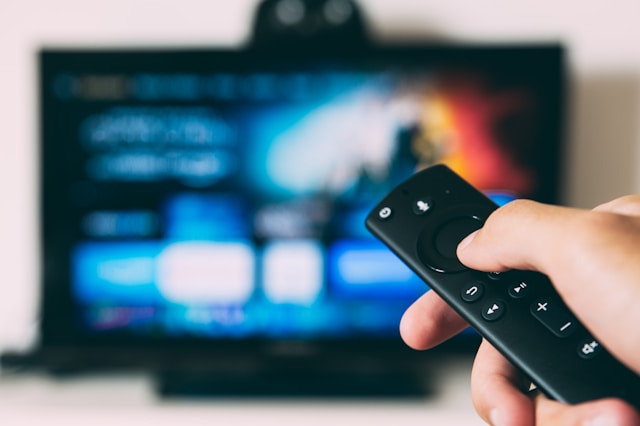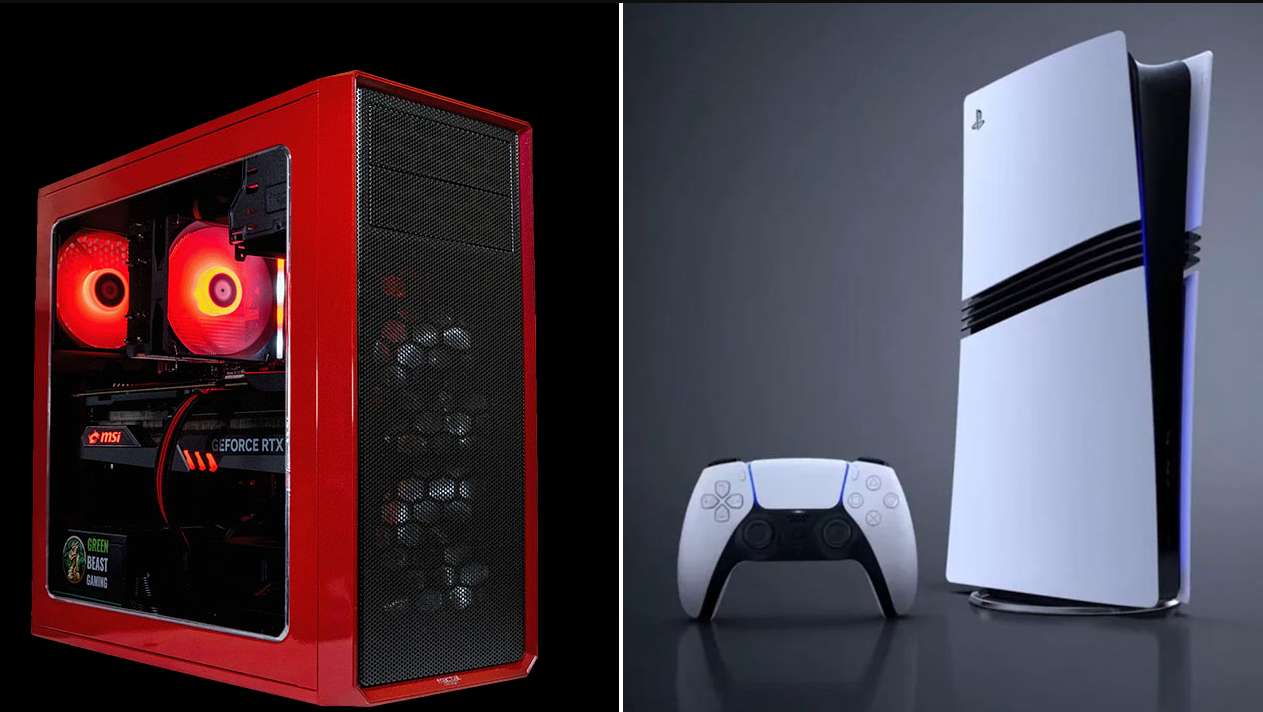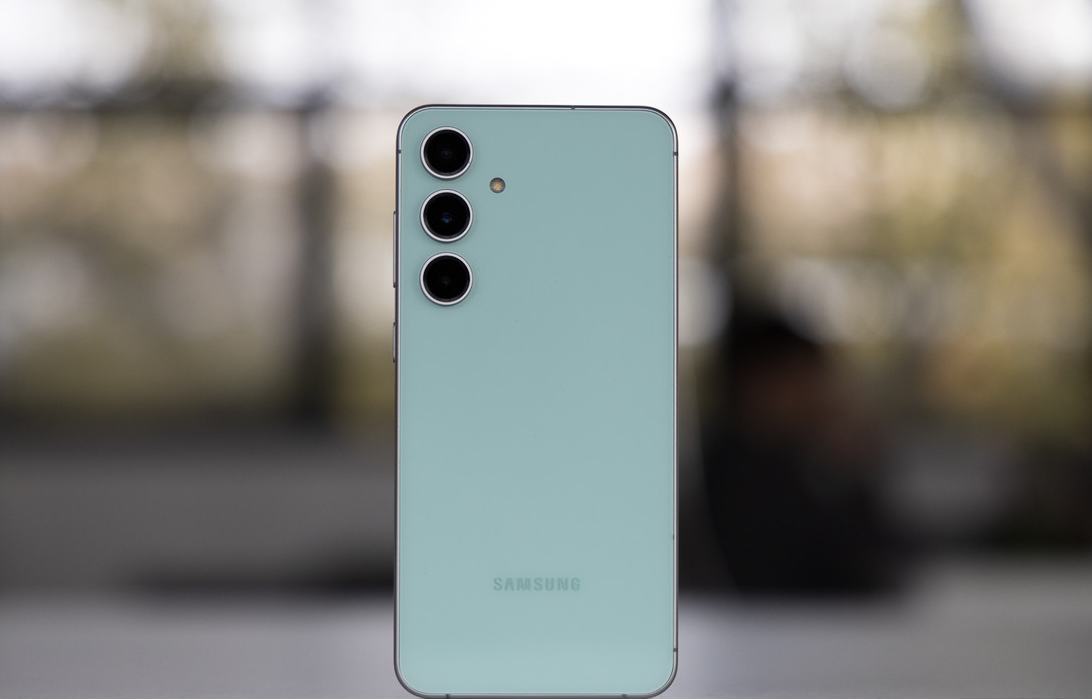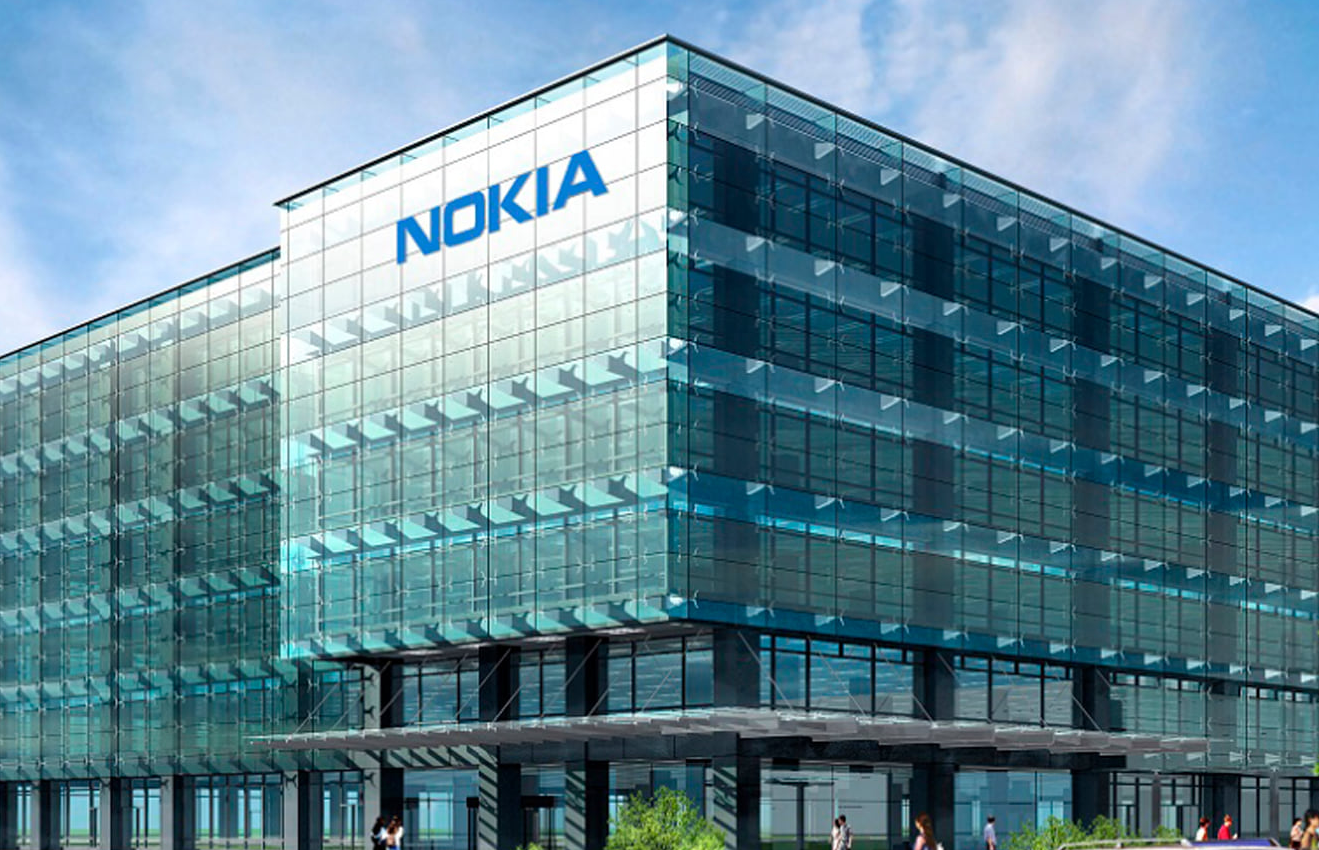In an era of technological diversity, choosing a TV is becoming an increasingly informed decision. Philips and LG offer a wide range of models to suit different tastes and needs. In this article, we will make a comparative analysis of TVs from these brands to help consumers make an informed choice.
Features and characteristics of Philips TVs
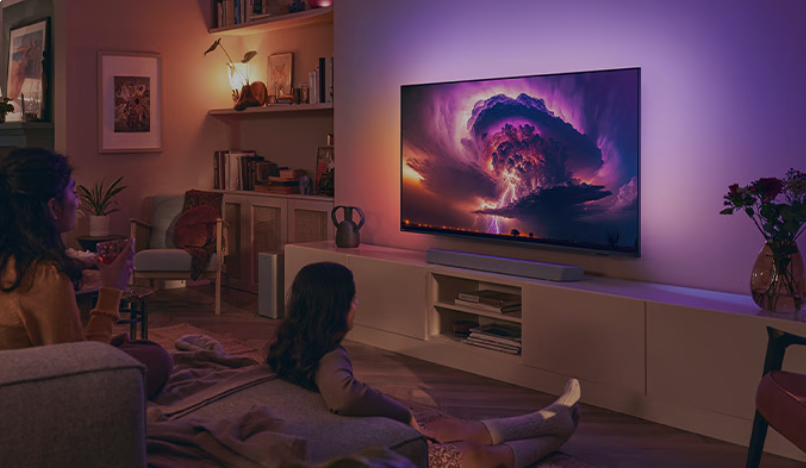
- Ambilight: The unique Ambilight technology distinguishes Philips TVs. It extends the picture beyond the screen by projecting light onto the wall behind the TV in line with what is displayed on the screen. This creates a more immersive viewing experience and reduces eye strain.
- P5 Engine: Philips’ image processing is often done with its own P5 chip, which improves picture quality in five key areas: sharpness, colour, contrast, motion and source signal.
- Smart TV: Most Philips models are powered by Android TV, giving you access to a wide range of apps and services, including Google Assistant and smart home integration.
- Sound: Some Philips models are equipped with Bowers & Wilkins sound panels for high quality sound.
Features and characteristics of LG TVs
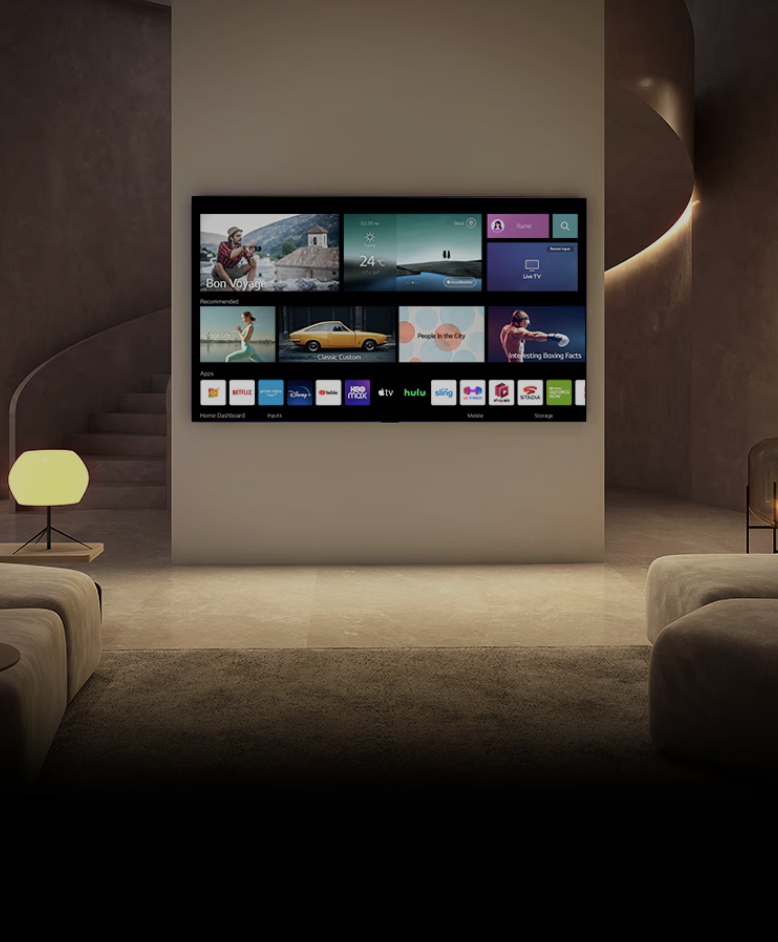
- OLED and NanoCell: LG is a leader in OLED TVs that offer the highest contrast and perfect black colour. The company also offers NanoCell technology for its LCD TVs, which improves colour reproduction and viewing angles.
- α (Alpha) processors: LG uses powerful processors to improve picture quality on its TVs, especially in its OLED ranges, where they optimise HDR and reduce noise.
- webOS: LG TVs run on the webOS platform, which is known for its intuitive interface and ease of use. It also offers access to an extensive library of applications.
- Sound: LG incorporates Dolby Atmos and DTS:X technologies into its TVs to achieve surround sound and an enhanced audio experience.
A comparative analysis
When it comes to choosing between Philips and LG, there are a few key aspects to consider:
- Image quality: LG offers leading OLED technology, but Philips isn’t far behind with its P5 Engine and advanced image processing.
- Innovation: Philips stands out with Ambilight, offering a unique viewing experience, while LG investment
| Function/Characteristic | Philips TV | LG TV | Notes |
| Display technology | LED, OLED (in some models) | OLED, NanoCell, LED | LG offers a wider range of OLED models. |
| Unique technology | Ambilight | AI ThinQ, α (Alpha) processors | Philips’ Ambilight enhances the viewing atmosphere, while LG focuses on smart control and image processing. |
| Operating system | Android TV / Saphi | webOS | Android TV offers more apps, but webOS is considered more intuitive. |
| Screen resolution | Up to 4K | Up to 8K | 8K resolution is available in some LG models, which is higher than Philips’ standard 4K. |
| Image processing | P5 Engine | AI Picture Pro, Dolby Vision IQ | Both manufacturers offer advanced image processing, but LG includes support for Dolby Vision IQ. |
| Sound | Dolby Atmos, Bowers & Wilkins (on some models) | Dolby Atmos, DTS:X | LG and Philips offer high-quality sound, but Philips has models with systems from Bowers & Wilkins. |
| Price | Medium and high segment | Medium and premium segment | Philips may be more affordable in the mid-range segment, while LG offers expensive premium models. |
| Smart functions | Voice control, smart home integration | Voice control, ThinQ AI, smart home integration | Both brands offer voice control, but LG is actively developing its AI features. |
| Warranty and support | Manufacturer’s standard warranty | Manufacturer’s standard warranty | Warranty terms may vary by model and country. |
| User reviews | Positive overall, with notes on Ambilight | Positive overall, with notes on the quality of OLEDs | User experience can vary considerably. |
Philips pros:
- Unique Ambilight technology for a more immersive viewing experience.
- Often a more affordable price point.
Philips’ minuses:
- Smaller selection of OLED models compared to LG.
- Lower screen resolution in budget and mid-range models.
LG Pros:
- A wide range of OLED TVs.
- Advanced AI-assisted image management and processing functions.
LG’s minuses:
- Higher price, especially in the premium segment.
- Perhaps less vibrant colour reproduction in budget models compared to Philips.
This table provides an overview of the main features and specifications to consider when choosing between Philips and LG TVs. It is always advisable to read reviews, professional reviews and ratings for the specific models you are considering to ensure that the model you choose suits your individual needs and budget.
Tips for choosing the best Philips or LG TV
- Evaluate your budget:
- LG often offers a range from budget to premium models, with an emphasis on high-end OLED screens in the expensive segment.
- Philips may offer more affordable options, especially if you’re looking for innovative features like Ambilight in the mid-price range.
- Determine your preferred screen type:
- If you are looking for the best black quality and contrast, OLED from LG will be the best choice.
- For bright rooms with wide viewing angles, Philips TVs with Ambilight technology can offer a more impressive viewing experience.
- Consider the operating system and the usability of the interface:
- LG uses webOS, which is considered to be one of the most user-friendly and intuitive interfaces.
- Philips running Android TV offers a wider selection of apps and better integration with Android devices.
- Compare the characteristics of the image and the sound:
- Note the image processors – LG has Alpha processors, Philips has the P5 Engine.
- Think about the importance of sound to your viewing experience and consider models with integrated sound systems from reputable brands.
- Analyse the additional features:
- If smart home integration and voice control is important to you, check out what smart features are offered and how they integrate with your devices.
- Check if your TV supports technologies such as HDR10, Dolby Vision, Dolby Atmos and other standards that can enhance your viewing experience.
- Study the reviews and testimonials:
- Watch video reviews and read customer testimonials to see how the TVs behave in real-world conditions.
- Note frequently mentioned problems or particularly highly rated features.
- Think about the future:
- When choosing between Philips and LG, consider future technology trends and how the company updates its software.
- Consider warranty terms and service availability in your area.
It is important to remember that the perfect TV for one person may not be suitable for another. Your ideal choice will depend on your individual preferences for picture quality, sound, interface and additional features, as well as how you plan to use your TV.
Buy your new TV and get the most out of it with reBITme. We wish you a favourable and successful shopping experience!
